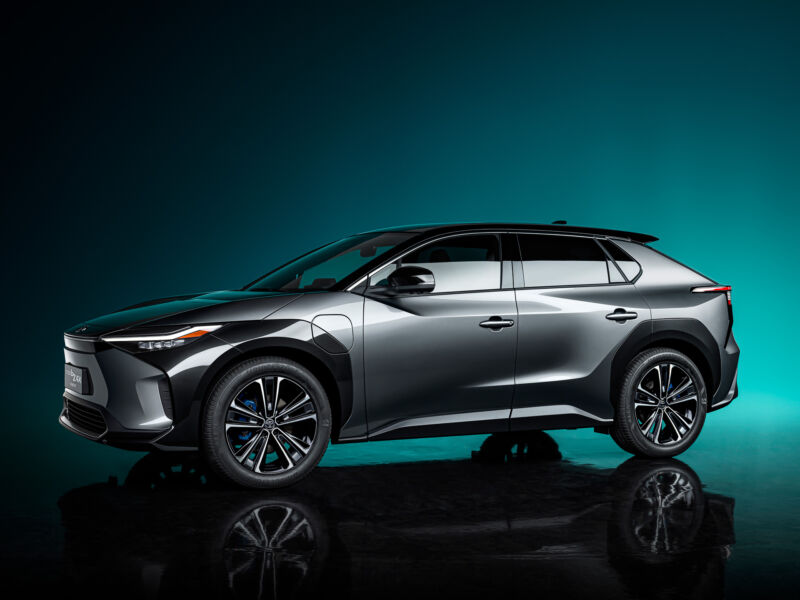
Toyota was an early pioneer in hybrid electric vehicles, and it has sold more than 18 million hybrids since the introduction of the first Prius in 1997. But it’s fair to say that the world’s largest automaker has been left behind in the shift toward battery EVs.
That situation looks like it’s set to change. On Tuesday, Toyota announced that it will spend $13.6 billion (¥1.5 trillion) on batteries between now and 2030. Of that money, $9 billion (¥1 trillion) will go toward battery production, with a planned output of 180 to 200 GWh/year by the end of the decade.
“What Toyota values the most is to develop batteries that its customers can use with peace of mind. Especially, we are focusing on safety, long service life, and high-level quality to produce good, low-cost, and high-performance batteries,” said Chief Technology Officer Masahiko Maeda.
With regard to safety, Maeda said the company has been able to study the effect of spirited driving on batteries. Demanding a lot of power from a lithium-ion battery can result in localized hotspots within the pack, but by monitoring the voltage, current, and temperature of cells, modules, and the entire pack, Toyota says it can now control for abnormal heat generation.
The automaker is also setting an ambitious goal for battery longevity. In the US, federal regulations require OEMs to guarantee BEV battery packs for at least eight years or 100,000 miles, by which point the pack should still retain 70 percent of its original capacity.
But Toyota wants to go further than that—it says that the new bZ4x electric crossover, which debuts next year, should retain 90 percent of its battery capacity after 10 years. The company plans to achieve this by preventing the degradation of the anode surface, which will require keeping moisture out during manufacturing. Toyota will also employ uniform battery cooling and better control software.
Additionally, Maeda explained that quality improvements will prevent the introduction of foreign metallic matter into the cells during manufacturing, as the cells could fail if the metals connect the anodes and cathodes directly.
From 2025, Toyota says it plans to reduce the battery cost per vehicle by 50 percent compared to the cost of the battery that will be used in the bZ4x, both by reducing the actual cost of the batteries themselves (by 30 percent) and by improving vehicle efficiency (again by 30 percent).
The second half of the decade should also see Toyotas with solid-state batteries, according to the plan. “We are developing all-solid-state batteries to see if we can bring out the joy in such things as high output, long cruising range, and shorter charging times,” Maeda said.
During the summer of 2020, the company built and began testing a vehicle with solid-state batteries. Maeda said that the higher output of a solid-state battery means they will first show up in Toyota hybrids, which require instantaneous power delivery (as opposed to a focus on endurance for BEV batteries).
However, that project will require getting a handle on the longevity, or lack thereof, of solid-state cells, which can degrade with repeated charging due to the formation of lithium metal dendrites that intrude from the anode through the separator and can puncture the cathode. On this front, Toyota has “identified an issue that has brought us one step closer to commercialization,” Maeda said.
In total, Toyota says it is planning to have 70 different electrified models on sale by 2025.
https://arstechnica.com/?p=1792771

